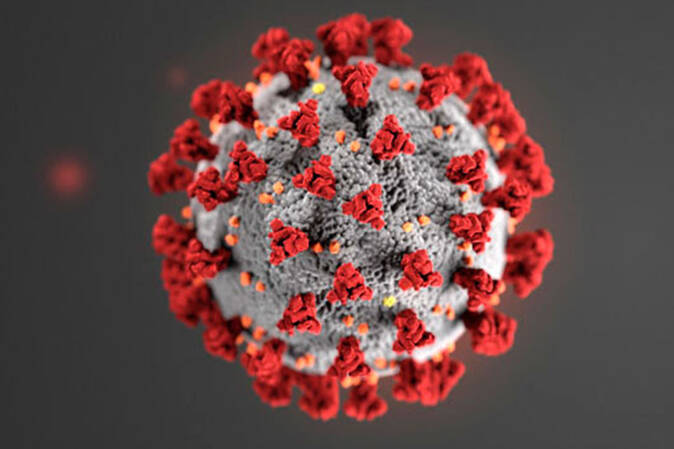KENAI — The state Department of Health and Social Services reported 29 more COVID-19 deaths Wednesday, pushing the total to 1,158 Alaska resident deaths since the pandemic began.
The new deaths, which are reported through death certificate review each Wednesday, included a Soldotna man in his 60s, a Soldotna woman over 80, and Homer woman in her 60s, and a Kenai Peninsula South man over 80. The newly reported deaths come on the back end of another COVID-19 wave driven by the omicron variant of the coronavirus. Health officials said during a public science session Wednesday that the delta variant has now been completely overtaken by the omicron strain, and even some by its new subvariants. The good news, health officials said Wednesday, is that COVID hospitalizations, deaths and new infections are on the downward slope and data show the subvariants aren’t generally causing severe illness.
There were a total of 78 COVID-related hospitalizations in Alaska as of Wednesday, with six of those patients on ventilators.
The state reported a two-day combined total of 550 new cases sequenced on Monday and Tuesday.
New cases reported Wednesday include 22 in Soldotna, 20 in Kenai, nine in Sterling, five in Homer, four in the Kenai Peninsula Borough North, two in both Nikiski and Seward, and one each in Anchor Point and the Kenai Peninsula Borough South. Officials widely agree getting vaccinated against COVID will help slow the spread and protect people from severe illness, hospitalization and death.
The Pfizer-BioNTech vaccine is approved for everyone 5 years and older, while the Moderna and Johnson & Johnson/Janssen vaccines are approved for anyone 18 and older.
In addition to a primary series — two doses of the Pfizer or Moderna vaccine or one dose of the Janssen vaccine — experts are strongly encouraging booster shots to protect against omicron, whether or not a person has already contracted the virus and despite elapsed time since the completion of the primary series. The Food and Drug Administration and Centers for Disease Control and Prevention are recommending Pfizer boosters for anyone 12 and older at least five months after the primary series. Additionally, Moderna boosters are recommended for anyone 18 and older at least six months after a primary series.
Janssen boosters are approved for anyone 18 and older at least two months after initial vaccination, although DHSS officials say the Janssen shot isn’t the preferred vaccine because of risks of blood clotting and less robust protection against COVID. The state recommends people with a primary Janssen vaccine to get either a Pfizer or Moderna booster.
• Reach reporter Camille Botello at camille.botello@peninsulaclarion.com.

